The evolution of lighting technology has brought LED lights to the forefront of the market, raising an important question: Are LED ceiling lights superior to traditional bulbs? By examining their energy efficiency, longevity, environmental benefits, light quality, design flexibility, and cost-effectiveness, we can determine why LED ceiling lights are often considered the better option.
Energy Efficiency
LED ceiling lights are renowned for their exceptional energy efficiency. Unlike traditional incandescent bulbs that convert a large portion of energy into heat, LED ceiling lights are designed to maximize light output with minimal energy waste. They typically use about 75% less energy than incandescent bulbs, leading to significant savings on electricity bills and a reduced environmental impact. This efficiency makes LED ceiling lights an attractive option for both residential and commercial settings.
Longevity
One of the most notable advantages of LED ceiling lights is their impressive lifespan. While traditional bulbs, such as incandescents and fluorescents, last between 1,000 and 2,000 hours, LED ceiling lights can last up to 50,000 hours or more. This longevity means fewer replacements, less maintenance, and lower long-term costs. For businesses, this translates into less downtime and reduced labor costs associated with changing bulbs.
Environmental Benefits
LED ceiling lights are a more environmentally friendly choice compared to traditional bulbs. Their higher energy efficiency means they contribute less to greenhouse gas emissions. Additionally, LED lights do not contain hazardous materials like mercury, which is commonly found in fluorescent bulbs. The absence of toxic substances makes LED ceiling lights safer for disposal and reduces the risk of environmental contamination.
Quality of Light
The light quality produced by LED ceiling lights has improved significantly over the years. Early LEDs were often criticized for their cold, harsh light, but advancements in technology have led to the development of LEDs that can emit warm, inviting light similar to that of incandescent bulbs. Moreover, LED ceiling lights offer excellent color rendering, accurately depicting colors and enhancing the visual appeal of spaces. This quality is crucial in environments where color accuracy is essential, such as in retail stores and art galleries.

Design Flexibility
LED ceiling lights are available in a wide variety of styles and designs, making them suitable for any décor or application. From modern, minimalist fixtures to more traditional designs, there is an LED ceiling light to match any aesthetic. Additionally, LEDs are highly versatile; they can be dimmed to create different lighting atmospheres and come in various color temperatures to suit different needs and preferences. This adaptability makes LED ceiling lights an excellent choice for a wide range of settings.
Cost-Effectiveness
Although the initial cost of LED ceiling lights can be higher than traditional bulbs, the long-term savings make them a wise investment. The reduced energy consumption and extended lifespan of LEDs result in lower overall costs. Additionally, as LED technology continues to advance and become more widespread, the prices of LED lights have been steadily decreasing. Many utility companies also offer rebates and incentives for switching to LED lighting, further reducing the initial cost and enhancing their cost-effectiveness.
Conclusion
Considering the factors of energy efficiency, longevity, environmental benefits, light quality, design flexibility, and cost-effectiveness, it is evident that LED ceiling lights offer numerous advantages over traditional bulbs. Their superior performance and long-term savings make them an excellent choice for anyone looking to upgrade their lighting. As LED technology continues to evolve, LED ceiling lights are poised to become even more efficient and affordable, solidifying their position as the preferred lighting solution for both residential and commercial applications.
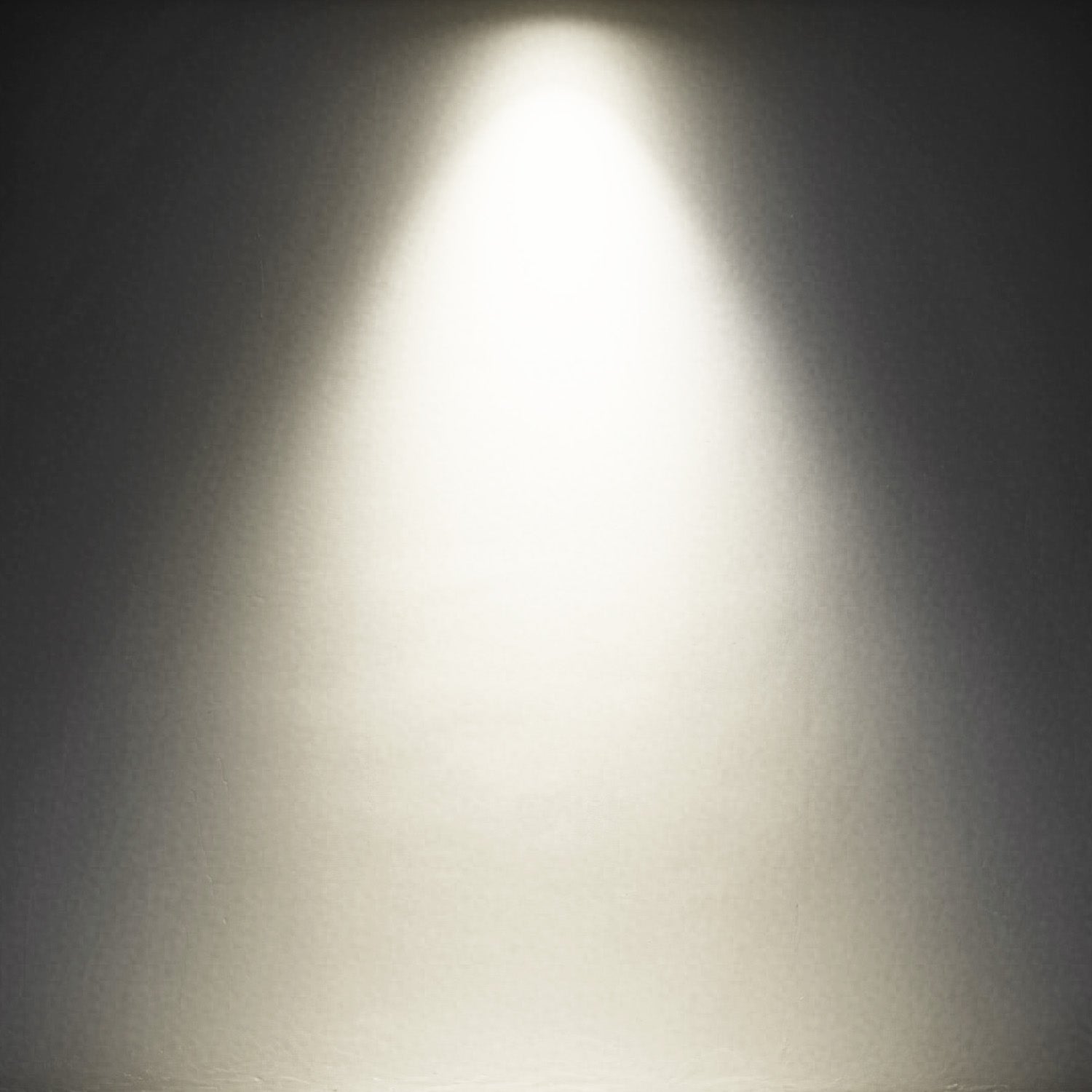
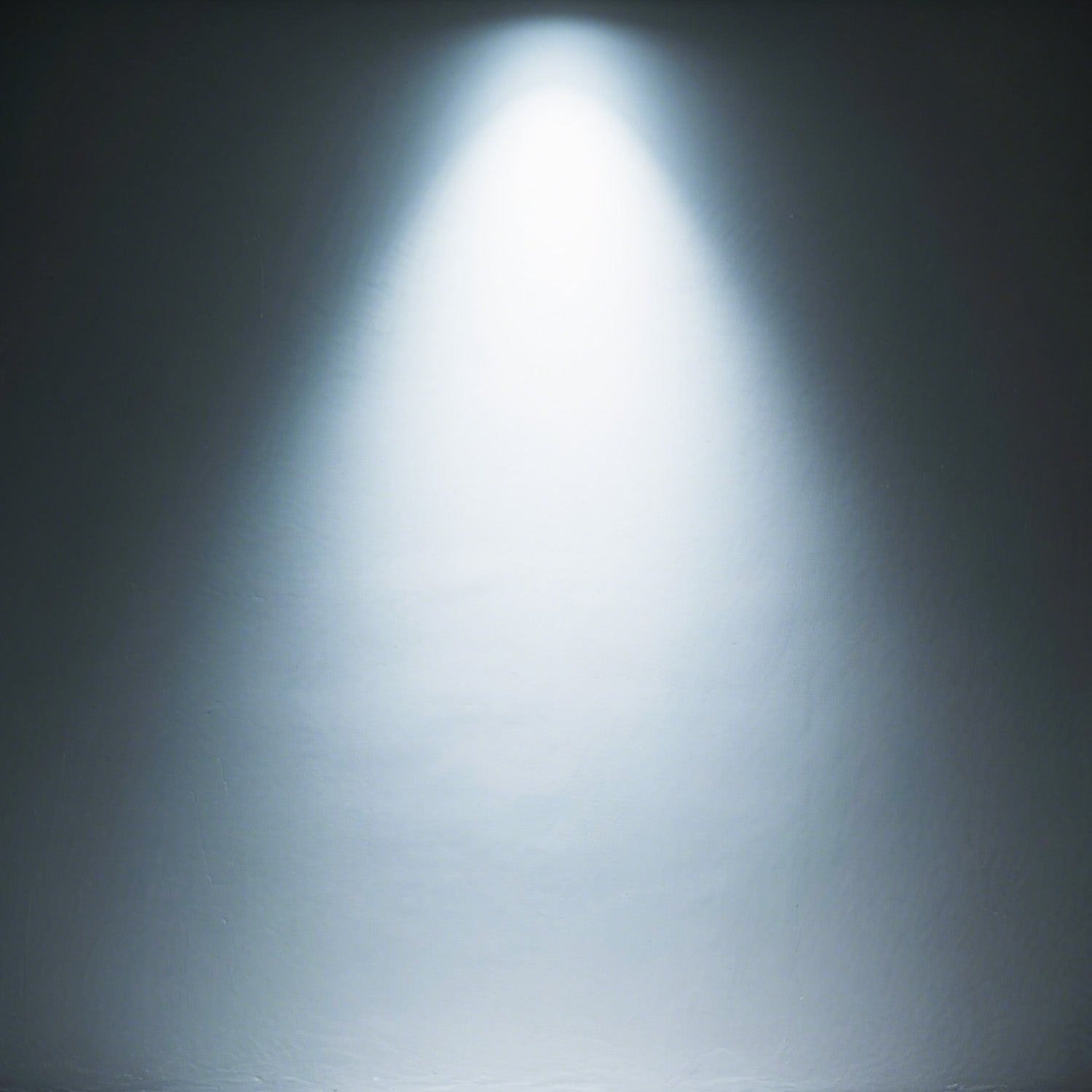
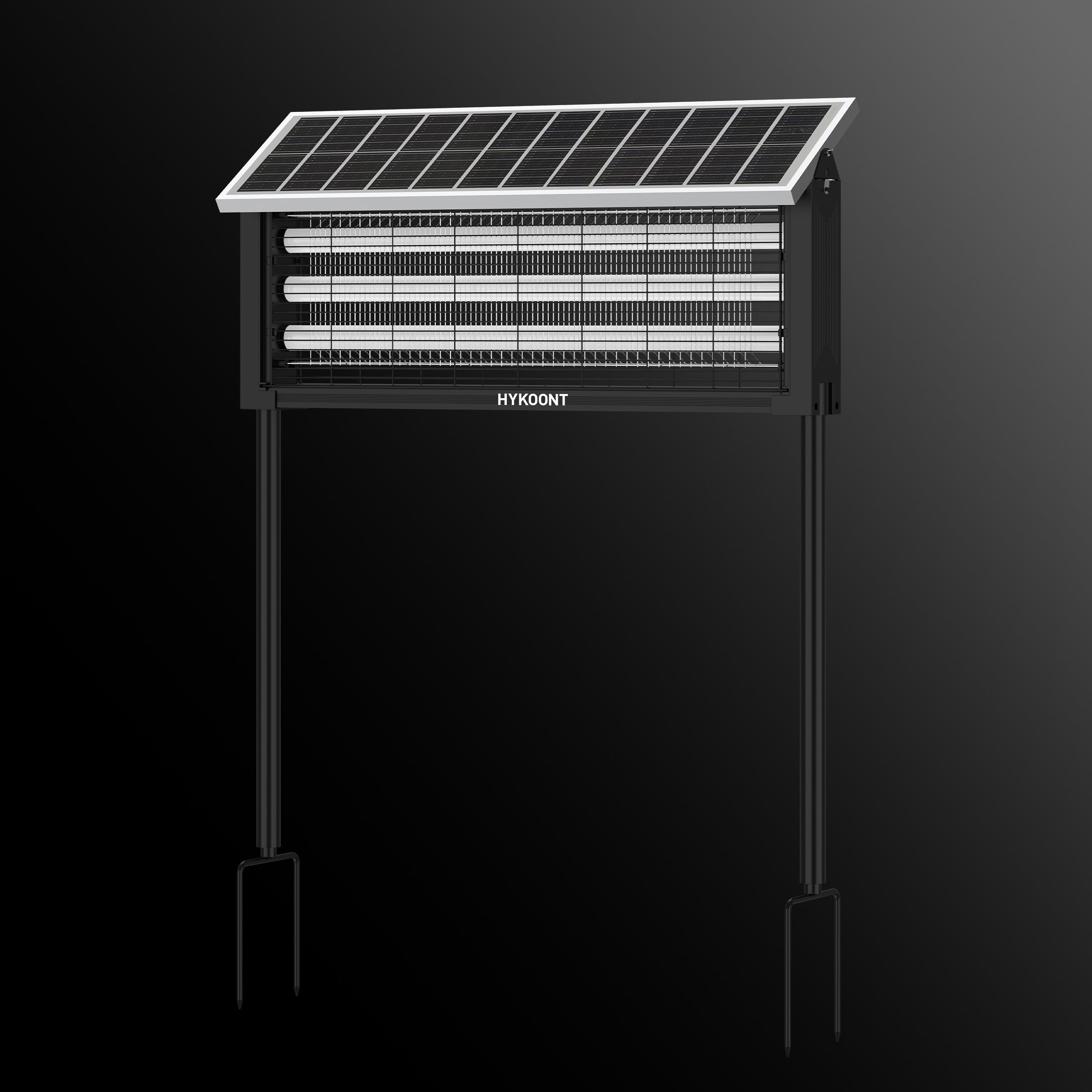
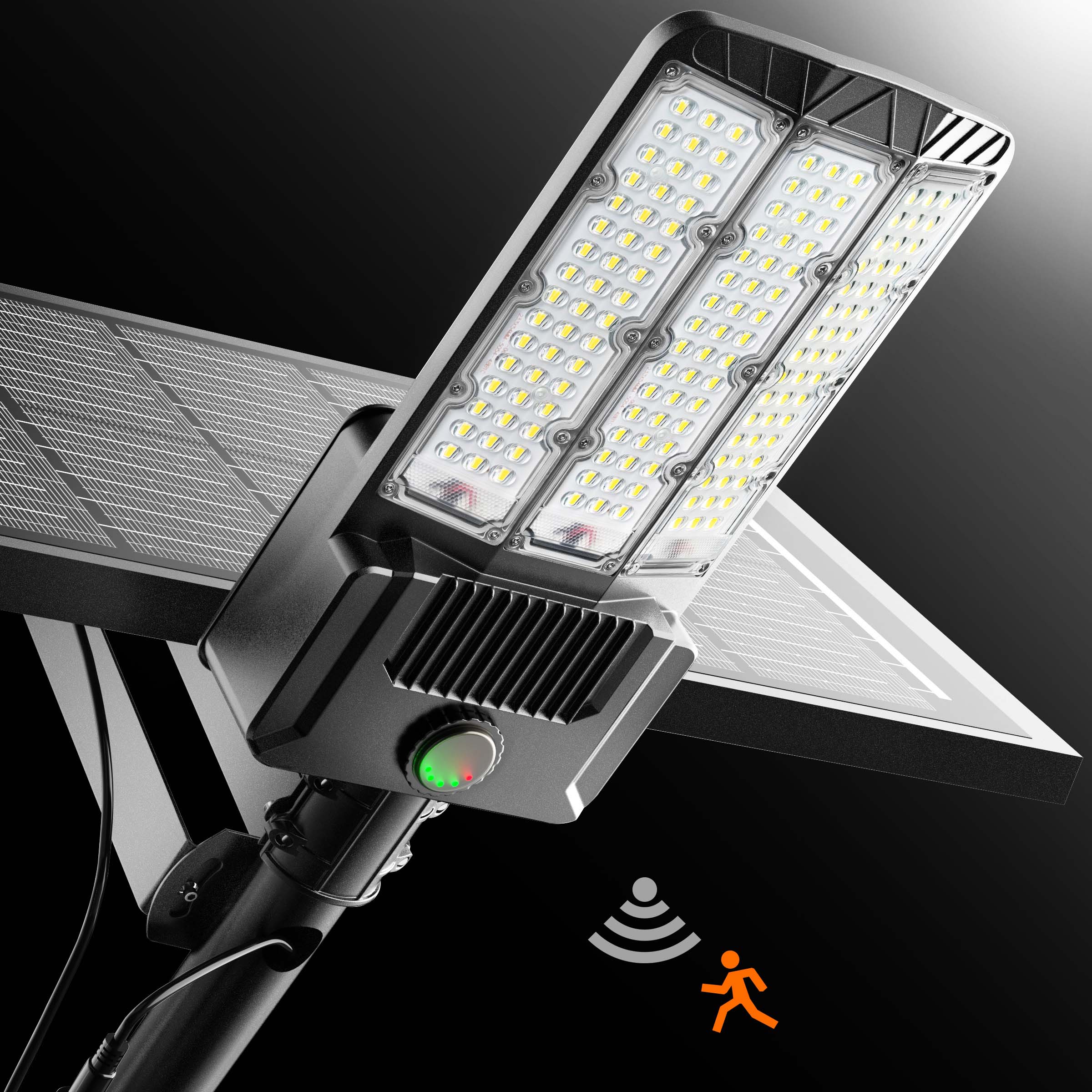
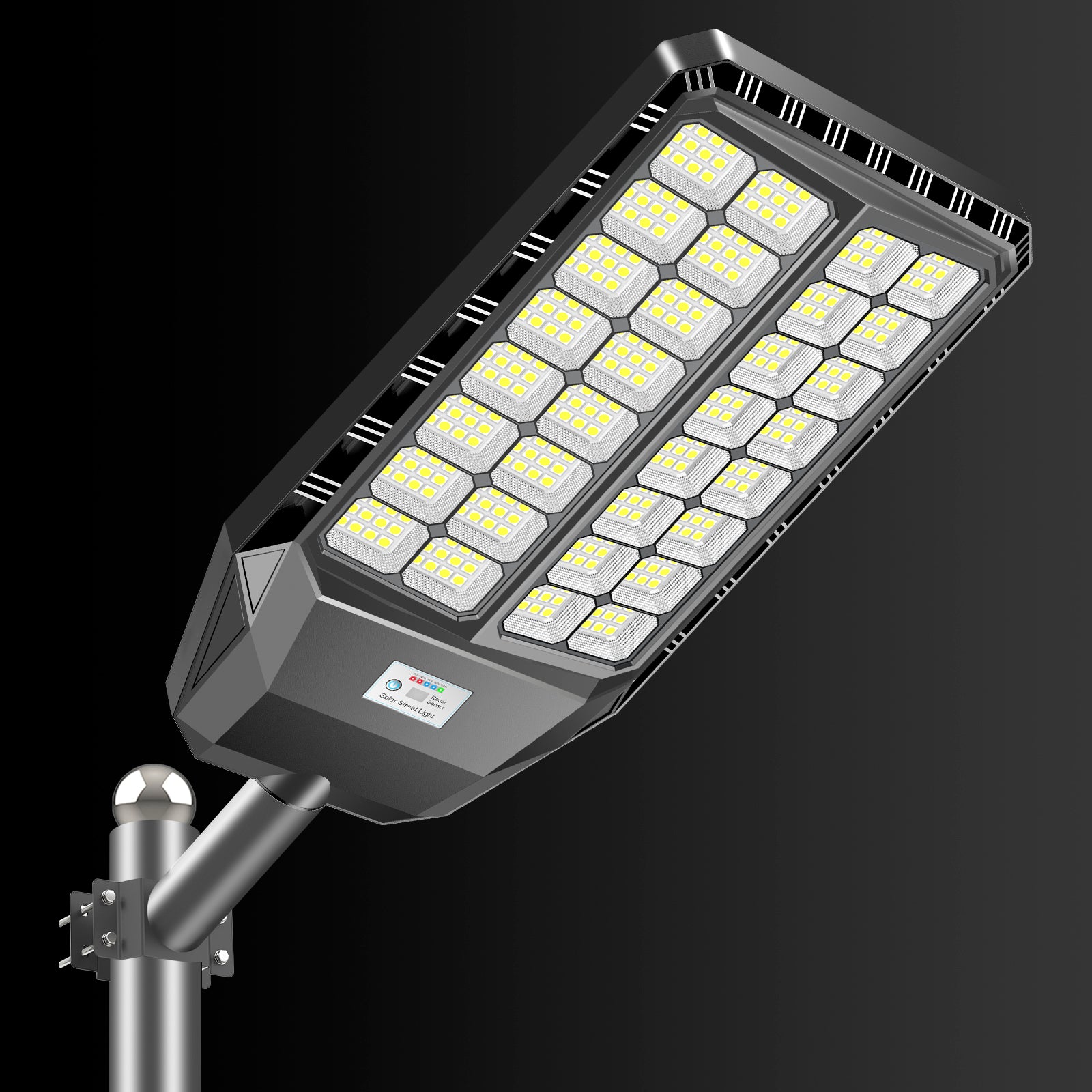
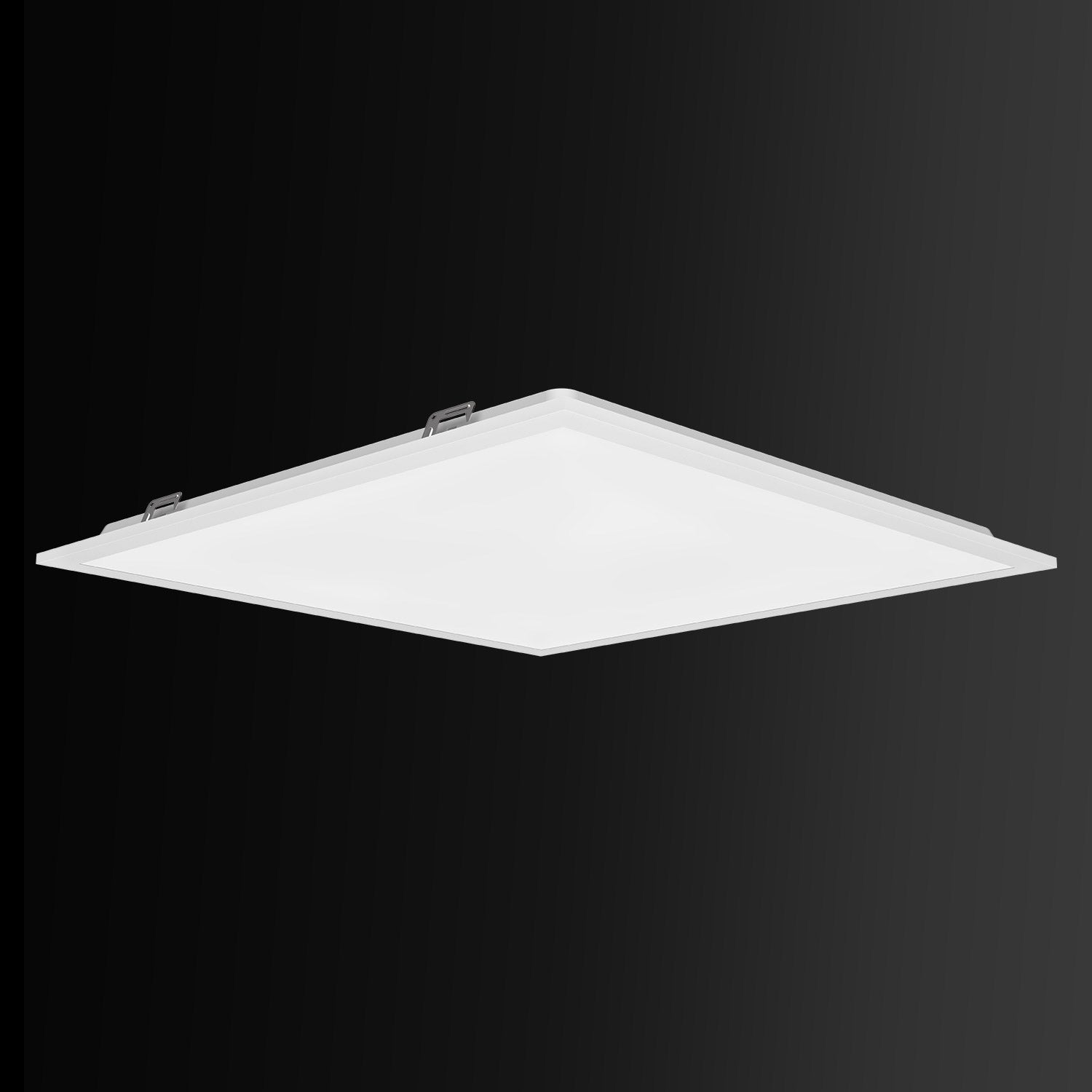
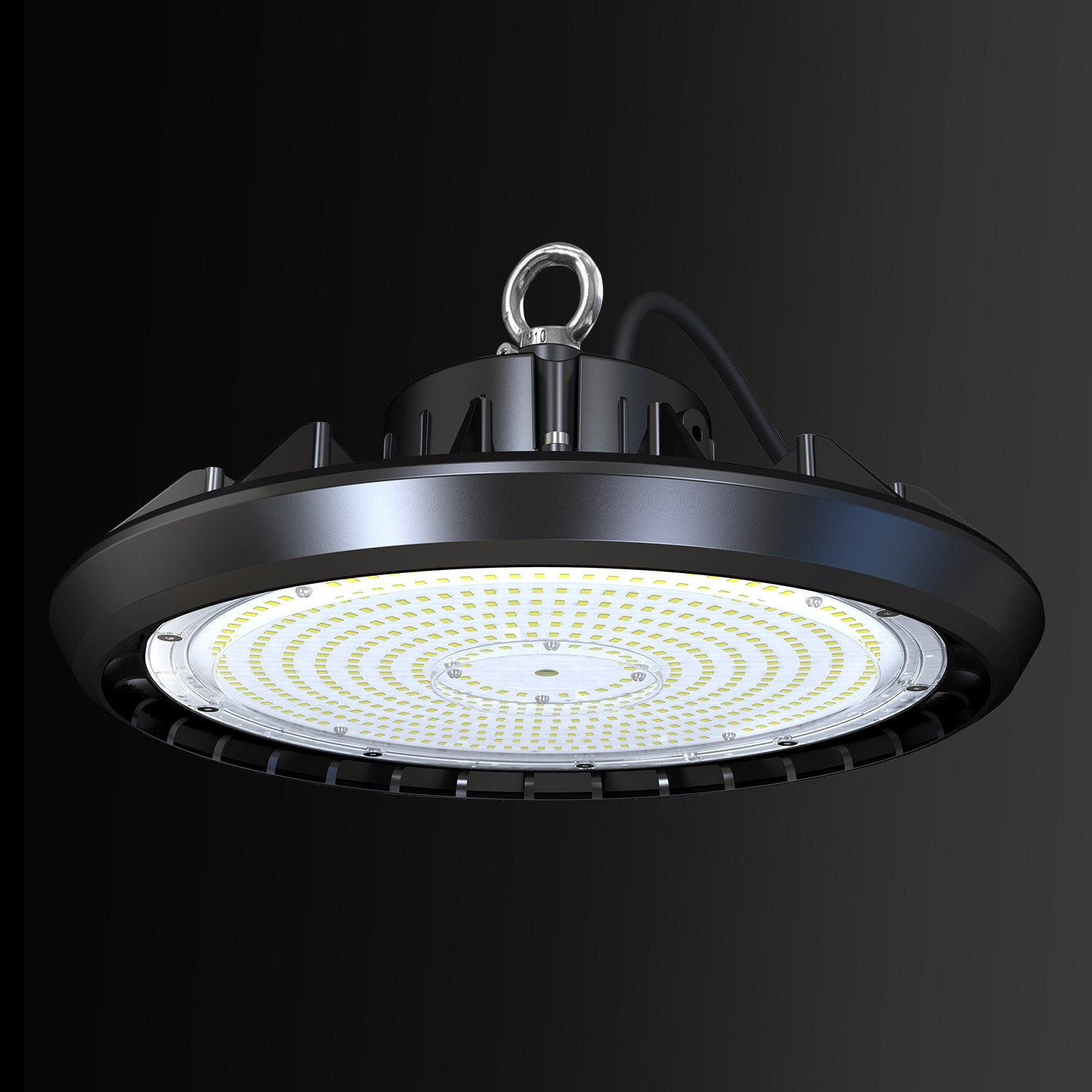
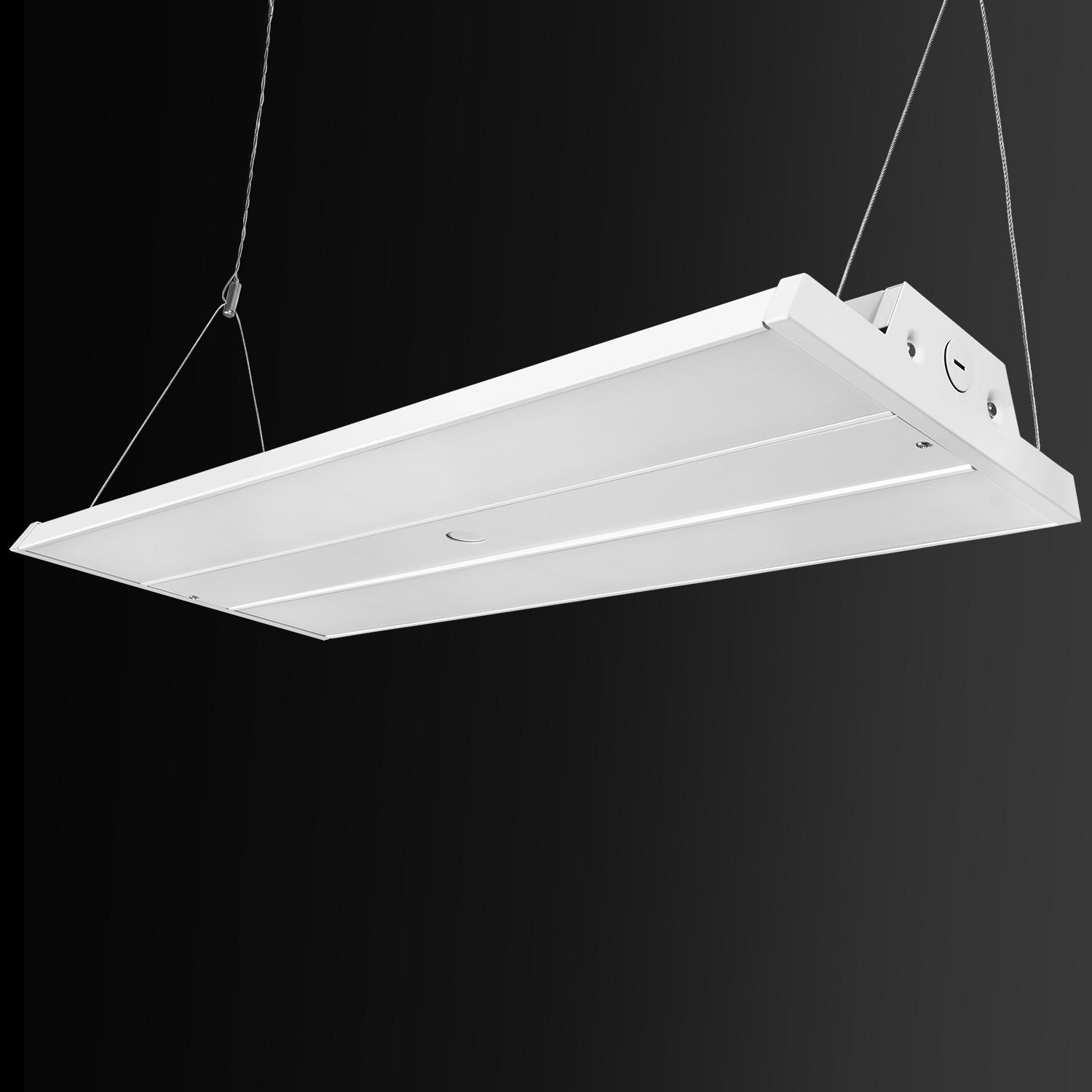
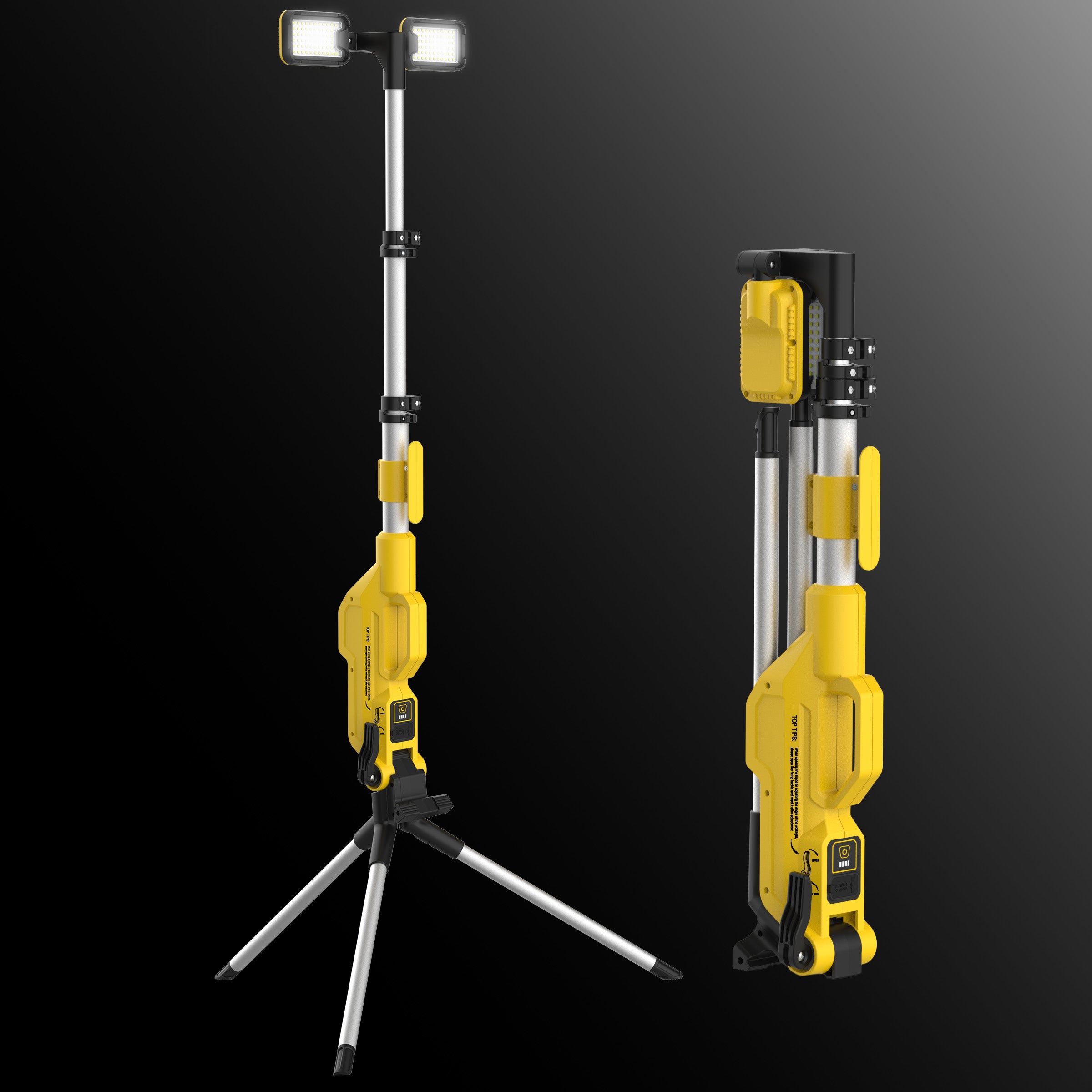
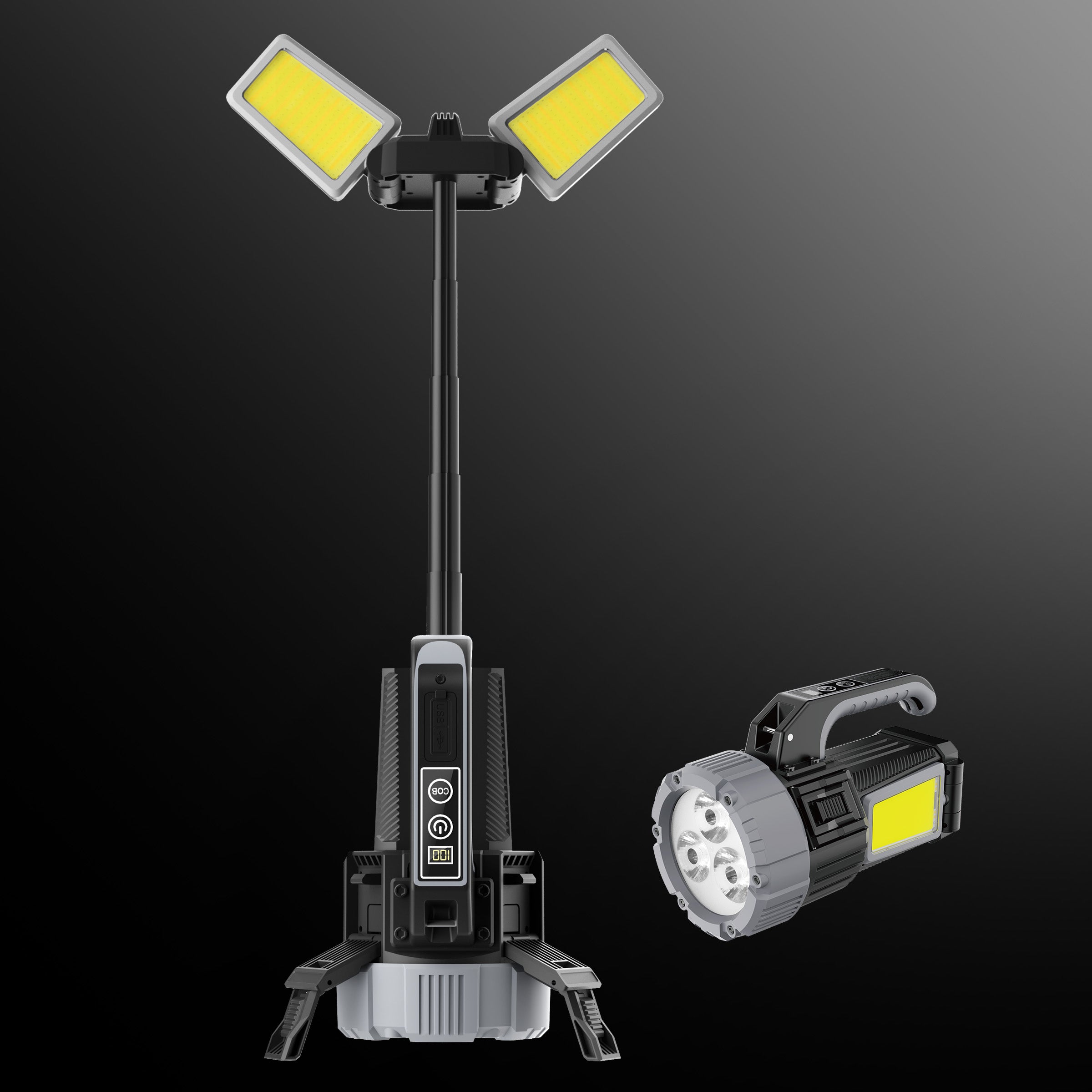



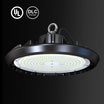
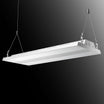


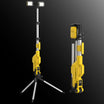
![[50%OFF] Hykoont LS018 Multi-Function 2 in 1 Flashlight Portable Extendable Adjustable Brightness CCT Bright](http://hykoont.com/cdn/shop/files/HYK-STDG18-2.jpg?v=1765273877&width=104)
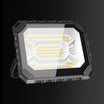



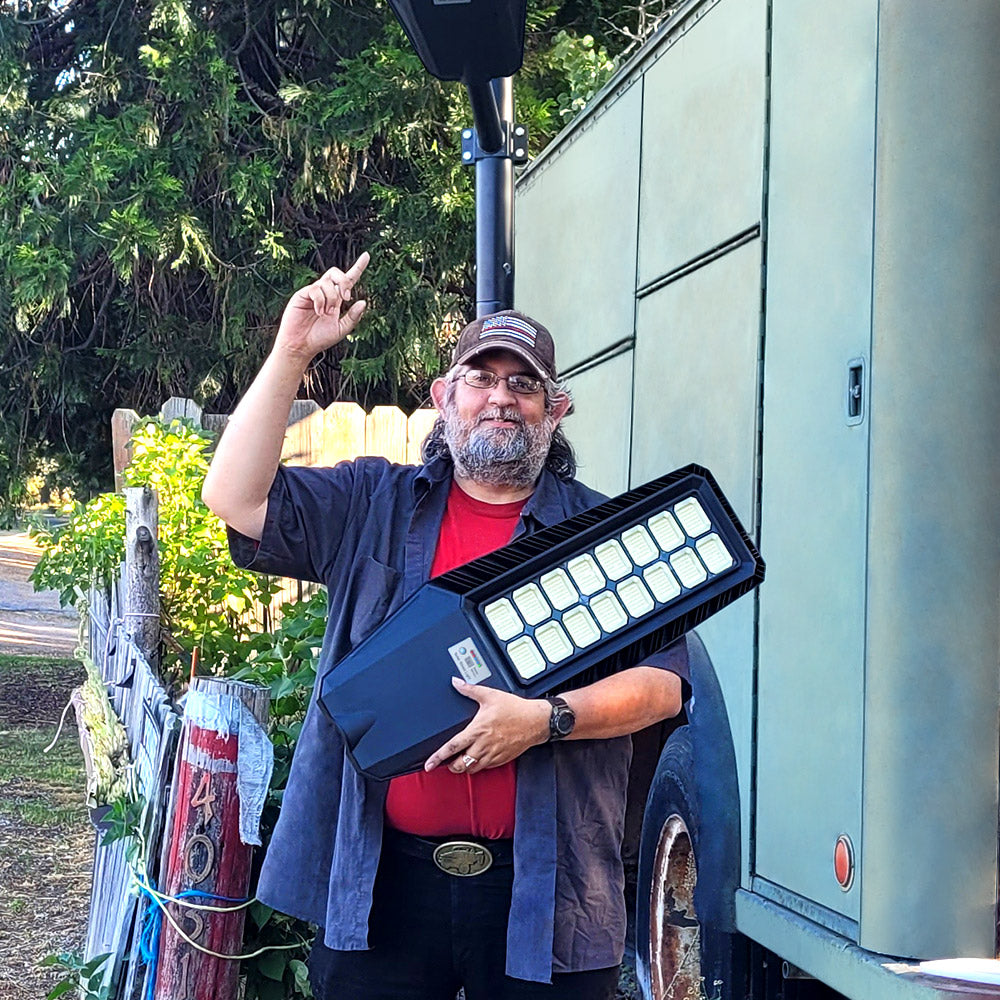

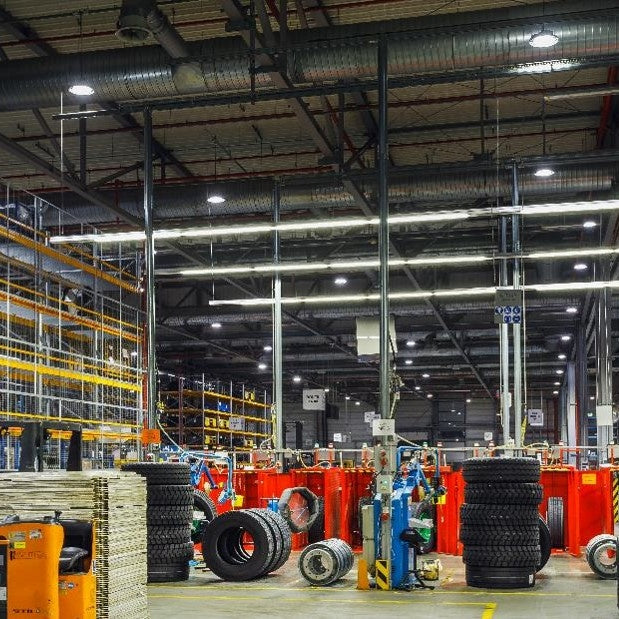
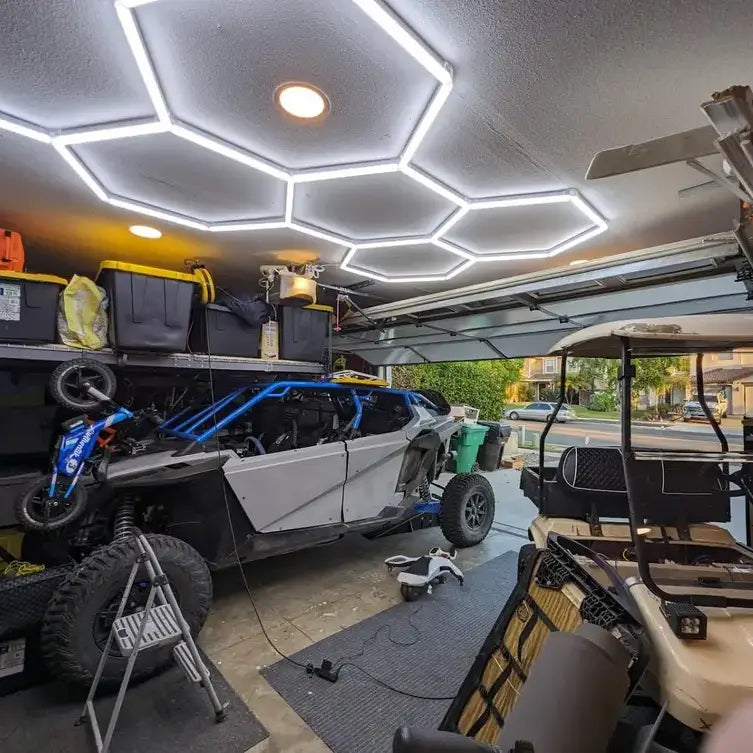
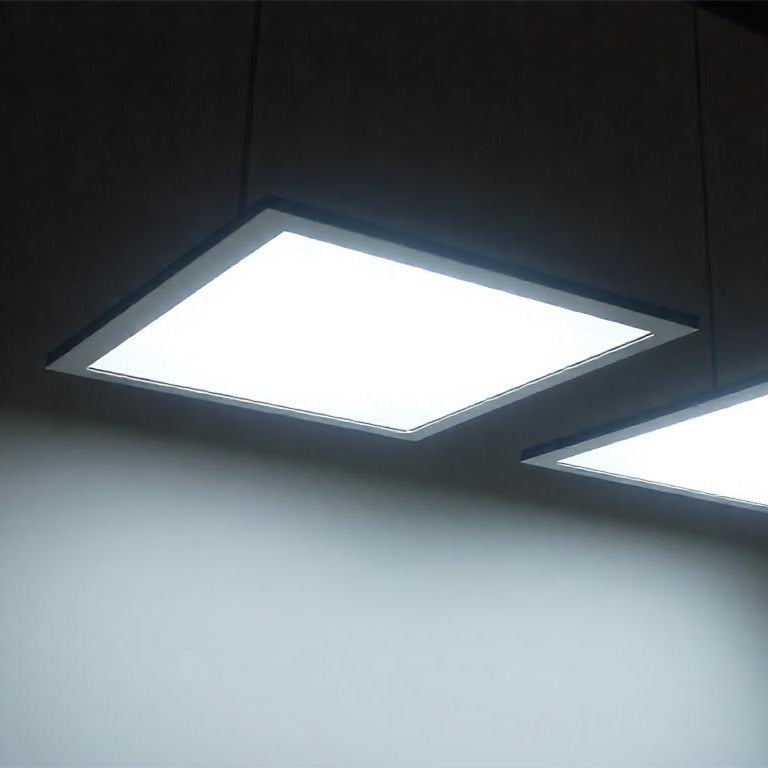
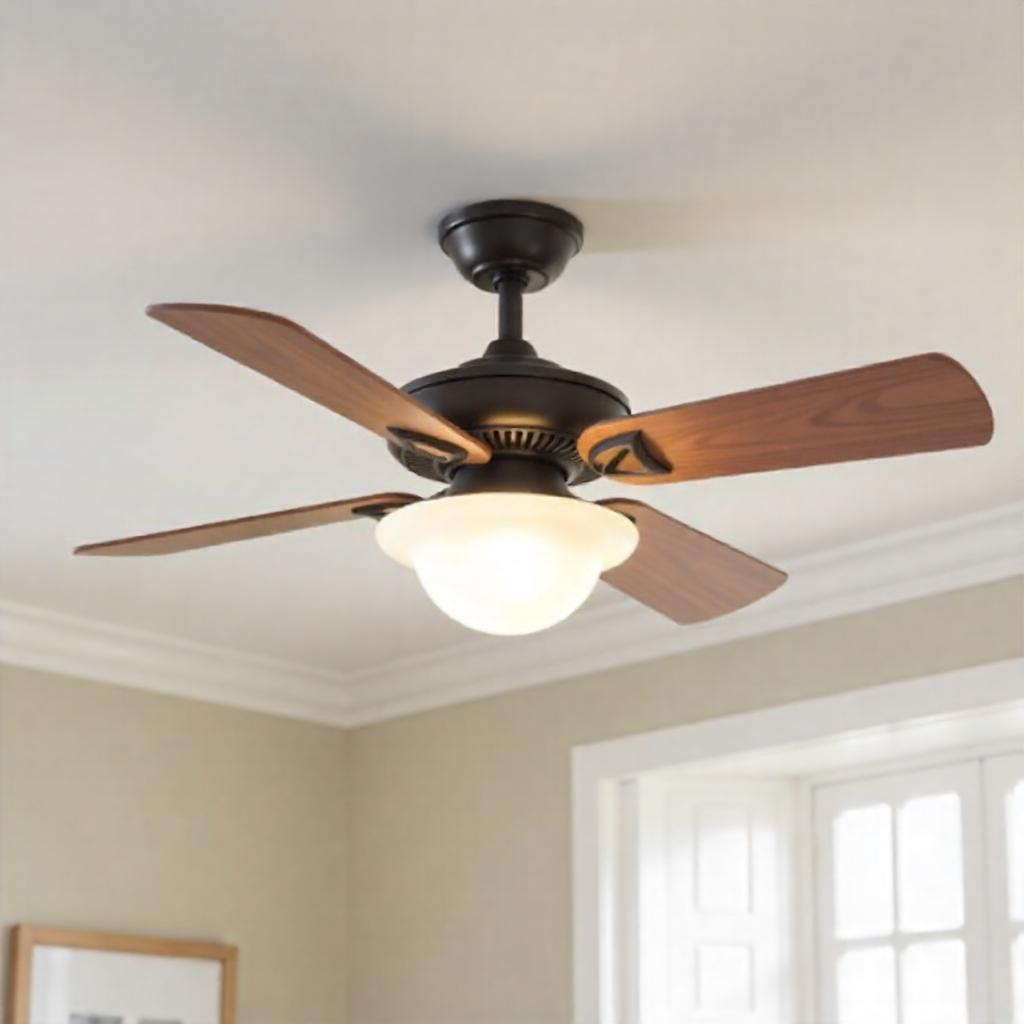
Leave a comment
This site is protected by hCaptcha and the hCaptcha Privacy Policy and Terms of Service apply.